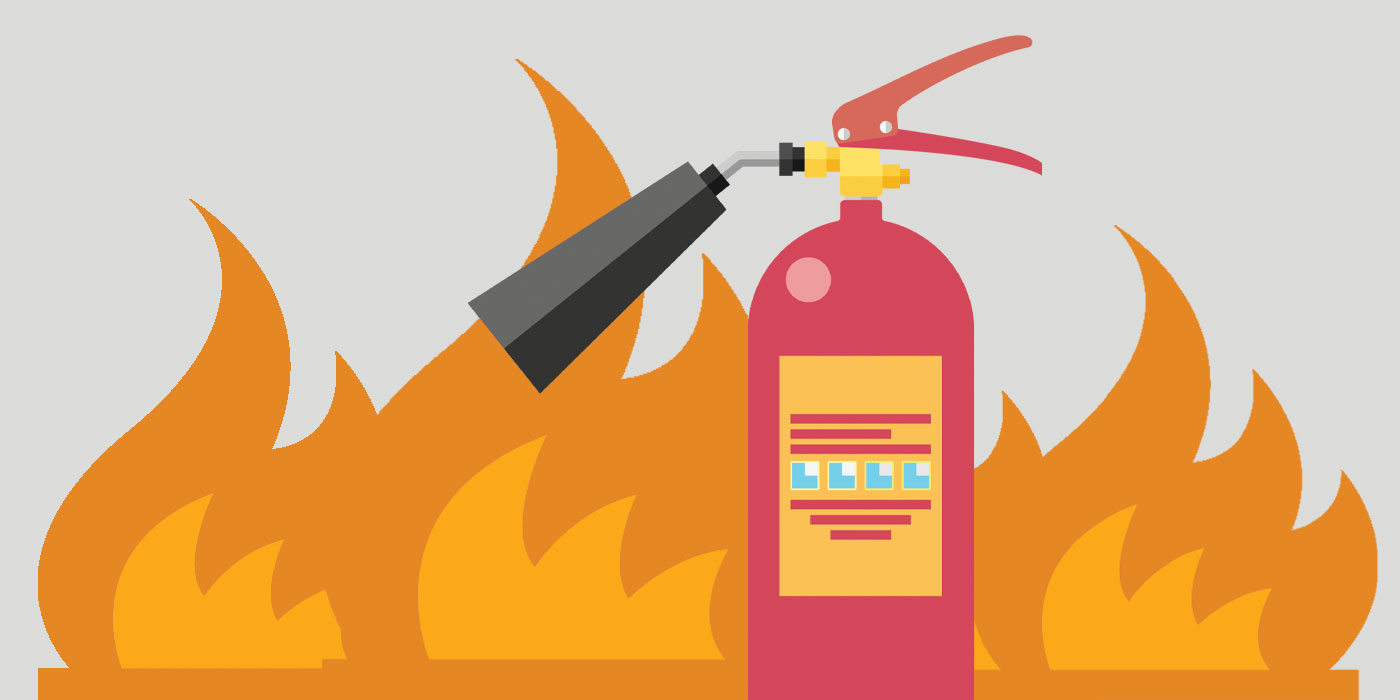It’s a must for all Sydney company. It’s not only a legal requirement but also a method of keeping the property, employees and customers secure. A lot of the dangers that could arise from an incident can be mitigated or mitigated with the right safety measures. Fire inspections, routine testing and the tagging of electrical systems and the compliance with CFSP regulations all work to create a safer environment and ensure that businesses are in compliance to local ordinances as well as Building Code of Australia (BCA) standards.
The reason Fire Inspections are the foundation of Safety
Fire inspections are the very first protection against possible hazards. They verify that every component of a building’s fire protection system is working and up-to-date. Businesses in Sydney have to conduct inspections 6 or 12 times annually, based on the building’s type and the council regulations. The inspections usually cover everything including fire alarm panels and sprinkler systems, to smoke alarms, fire hydrants, extinguishers, as well as emergency lighting.

Inspections are important because they are able to uncover concealed issues before they turn into a danger. In the event of an emergency tiny flaw in a smoke detector or the fire hydrant’s malfunction could appear to be insignificant. Business owners who check regularly their fire hydrants are fulfilling their legal obligations, and taking precautions against unexpected disasters.
Test and Tag Testing and Tag
Electrical systems are one of the leading causes of workplace fires, which is why testing and tagging should always be part of a fire safety plan. This involves checking electrical equipment for safety, functionality and compliance, after which adding a tag to show that the item has been examined. For a lot of businesses this is more than a standard procedure it’s a protection against dangers that usually go unnoticed.
A faulty appliance, old wiring or damaged cables could easily cause fire if left unchecked. Regularly testing and marking decreases the possibility of an electrical issue causing an explosion. It also builds trust and confidence within employees by ensuring them that their workplace is safe. Together with fire inspections and testing, this comprehensive safety strategy minimizes risk from multiple angles.
The Role of CFSP in the field of Compliance and Certification
Only an Competent Fire Safety Professional (CFSP) who is based in New South Wales, can attest and sign vital documents pertaining to fire safety such as Annual Fire Safety Statements. The CFSP accreditation ensures that only qualified professionals can assess and verify fire safety measures. For business owners, working with the CFSP means that reports and inspections are not just routine paperwork and evaluations based on reliable data carried out by experts.
The CFSP’s work goes beyond checking boxes. They provide comprehensive reports and confirm compliance to laws. Companies without CFSP certification face the threat of hefty fines, legal problems and even closing if their security measures for fire are judged to be inadequate. When you partner with experts accredited in fire safety, it is possible to assure that your systems are maintained in a proper manner. Also, you’ll be able comply with legal requirements without having to put yourself under stress.
Fire Safety as an ongoing Engagement
Fire safety isn’t only a once-in-a-lifetime requirement, but rather an ongoing responsibility for each business owner. Regularly scheduled inspections and tests of electrical equipment, together with the proper certification of CFSP ensure a safety cycle that never ends. Beyond compliance with the law This continuous process helps create a culture of safety within the workplace. Employees are more comfortable knowing that there are clear evacuation plans, smoke alarms emergency lighting and a fire suppression systems are in place.
When you consider fire safety an ongoing procedure and not just a checkbox that needs to be checked annually Businesses can cut down on risks while also enhancing their reputation. If a workplace is geared towards safety, customers and clients will be more comfortable. A proactive, long-term approach to fire protection can save the company money by preventing costly damage and legal disputes, as well as fines. It also safeguards all those in the structure.
Conclusion
Sydney’s fire safety program is a multi-layered process that involves inspections tests, tagging, and testing and the professional certification of an CFSP. Each element plays a vital part in ensuring that businesses are compliant with regulations and, more important, to ensure that property and lives are safeguarded. Companies that place safety as an essential aspect of their work and not just an added note will comply with their legal obligations and make a more stable and safe and secure environment.
